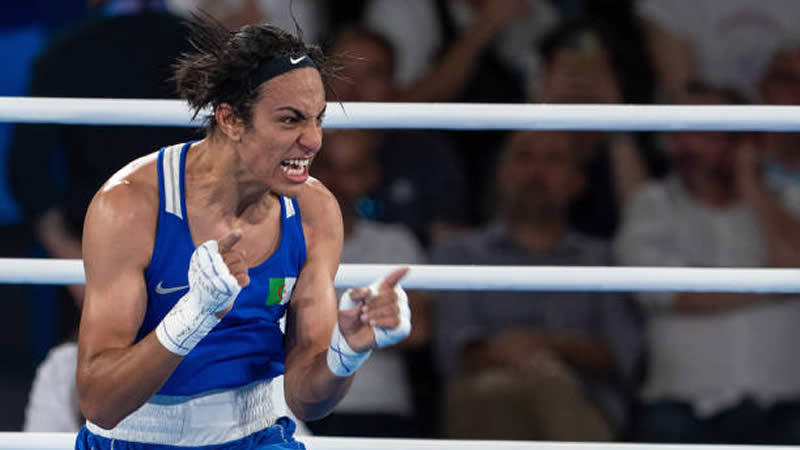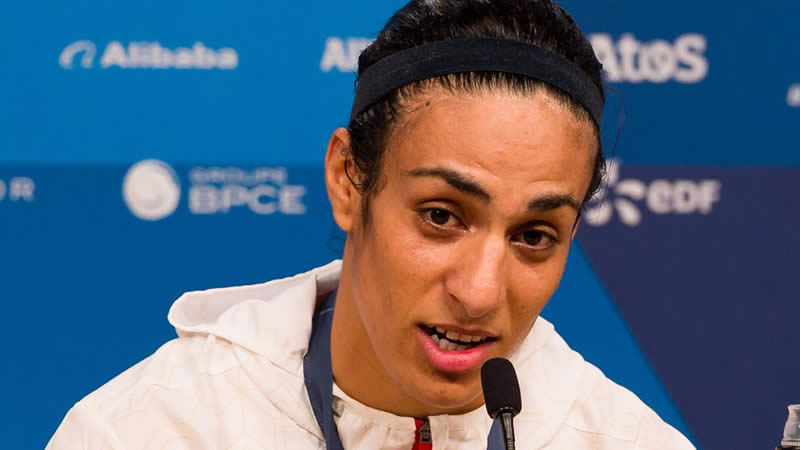The Imane Khelif saga just took a major turn. For the first time, results from a 2023 sex test taken by the Olympic women’s boxing champion have been made public—and they’re sending shockwaves through the sports world.
According to documents published on the 3 Wire Sports website, a chromosome test conducted in New Delhi last March revealed that Khelif has a “male karyotype,” meaning the boxer carries XY chromosomes. That same report labelled the findings “abnormal.” The test was carried out at Dr Lal PathLabs, a well-known lab accredited by the American College of Pathologists and certified by the International Organisation for Standardisation, making it hard to dismiss as anything less than credible.
These revelations land just 36 hours after World Boxing ruled that Khelif must undergo official sex screening to compete again in the women’s category. The timing couldn’t be more intense, especially given how controversial Khelif’s gold-medal win at the Paris Olympics was in the first place.
Alan Abrahamson, an American journalist, first broke the story in Paris last year, reporting that the International Olympic Committee (IOC) had been alerted more than a year earlier that Khelif’s DNA aligned with male biological markers. His report included the same test results that led to Khelif being disqualified from the 2023 World Championships.

Still, the IOC has pushed back hard. At a tense press conference during the Paris Games, IOC spokesperson Mark Adams dismissed the test results as “ad hoc” and “not legitimate.” IOC President Thomas Bach went even further, calling the data part of a “Russian-led misinformation campaign.” Bach pointed out that the International Boxing Association (IBA), which reported Khelif’s test results, had already lost IOC recognition due to financial and ethical misconduct under its Russian president, Umar Kremlev.
But with the lab’s credentials now publicly verified, the pressure is mounting for the IOC to clarify why it continues to reject the findings. Meanwhile, the controversy around Khelif only deepens.
Despite all of this, the 26-year-old boxer remains defiant. Khelif has even vowed to defend her Olympic title in Los Angeles in 2028. However, World Boxing’s recent ruling could make that nearly impossible. The organization, now in charge of Olympic boxing, announced that all athletes over 18 must undergo a PCR-based genetic test to confirm their biological sex. The test uses saliva, blood, or a swab to detect chromosomal material, and Khelif has not provided any proof of female chromosomes since the issue exploded nine months ago.
This stricter stance from World Boxing is a direct response to the uproar following the Paris Games. Both Khelif and Taiwan’s Lin Yu-ting were crowned champions despite having been banned by the IBA the year before for not having XX chromosomes. Italy’s Angela Carini, who lost to Khelif, said she was hit so hard she feared for her life. Mexican boxer Brianda Tamara, who fought Khelif in 2022, said, “I don’t think I had ever felt like that in my 13 years as a boxer, nor in my sparring with men.”
Latin American federations played a big role in pressuring World Boxing to take action, calling for clear sex verification policies to protect fairness and safety in women’s sport. Now, with Khelif’s test results out in the open, that call is only getting louder.

